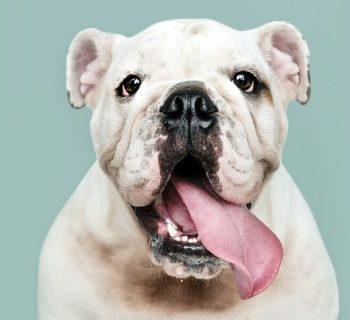Mouth Myth Busting: Are Dogs’ Mouths Really Cleaner Than Ours?
Posted by Glennis Katzmark Jan 03, 2017

When Fido jumps on the bed and licks your face with a slobbery, panting grin, should you feel disgusted, or perhaps jealous? On the one hand, of course, your mouth is cleaner than your dog’s, you’d think. You brush and floss your teeth, rinse with mouthwash, and come in for regular dental appointments (we hope!). On the other hand, however, you may have heard that your canine companion’s muzzle is more sanitary than your own. It’s a widespread old wives’ tale that dogs’ mouths are much cleaner than ours. Houston, TX dentist, Dr. Craig Armstrong, is here to help you sort out fact and fiction when it comes to your smile. Read on to learn whether or not dogs’ mouths are really more hygienic than our own.
What You Might Have Heard
There is so much talk about the cleanliness of dogs’ mouths compared to humans’ that you might simply accept these assertions as truth. For example, an ABC News report on the subject quotes a woman on the television program, 20/20: “their [dogs’] saliva is much cleaner and if you have a cut or anything, if they lick it—it’s healing.” In his Huffington Post piece, “Whose Mouth is Cleaner, Dogs or Humans?,” Dr. Harold Katz begins by citing a popular piece of folklore on the subject: “A dog’s mouth is nine times cleaner than a human’s.”
The Doggone Truth
As fascinating as it would be if Fido’s kisses were actually cleaner than our own, this simply isn’t true. Melvin Pena’s recent Dogster piece on this subject busted this myth, explaining: “there is no doubt that the canine mouth is a wondrous and intriguing place, but it is far from the antiseptic utopia that folk wisdom would have us imagine.” One reason that people might believe dogs’ mouths are cleaner, Pena elaborates, is that human and canine bacteria are so different. He writes: “the infective agents that inhabit [dogs’ mouths] are not typically zoonotic. This means that, by and large, there are few mouth-borne diseases that can be transmitted from dog to human and vice versa.”
While your pooch likely isn’t gong to infect you when he slobbers on your face, this doesn’t mean his mouth is actually any cleaner. Live Science’s article on this oft-searched topic puts it bluntly: “A dog’s mouth is besieged by its own legions of germs, roughly as huge in population as those living in the human mouth and causing a similar array of dental illnesses.”
What about the supposed healing power of dog saliva? After all, we see our pets lick their wounds and appear to experience some benefit. In her CVS article, Rhiannon Davies describes how both human and canine spit includes some antibacterial agents, but “domesticated humans (and their pets for that matter), have an alternative—soap and water.”
As a whole, dogs’ mouths are generally not cleaner than their owners’, given the fact that they don’t typically get regular dental care. In addition, they tend to stick their tongues in many more, shall we say, less hygienic places than humans do—Pena points out that these are the “same mouths that we regularly witness cleaning the canine genital areas and toting carrion.”
Given these facts, we can say with near certainty that your dog’s mouth isn’t as sanitary as your own, but it’s a difficult comparison to make, since “it’s like comparing apples and oranges,” according to veterinary professor, Colin Harvey. As is always the case, dental health among any living creature is highly individual, and tied to overall well being. The healthier both you and your pet are, the better shape your mouths will be in.
Pups and Periodontal Health
One thing you might unfortunately have in common with your dog is gum disease. This is infection in the tissues around the teeth, which can be painful, cause tooth loss, and create that common “foul smelling breath, or ‘doggy breath,’” Dr. Katz notes. He estimates that about four out of every five dogs suffers from “dental disease…before reaching four years old.” Worse yet, “just as in humans, when oral bacteria has access to interior organs through open gums, more serious health problems” can occur. If you own a pup, you should be on the lookout for signs of canine gum disease.
You should also be aware of this issue for your own mouth. Many humans suffer from periodontal disease without realizing it and let it go on far too long. Coming in for an examination and cleaning every six months can help Dr. Armstrong diagnose gum disease in its early stages, which are much easier to treat. We can also help you learn more about it so you can prevent it with simple steps such as daily flossing.
Make Sure Your Mouth is Cleaner Than Your Dog’s
Both you and your dog can benefit from regular dental care. Contact Houston, TX dentist, Dr. Armstrong, today to learn more about your oral health and schedule your next appointment.
Visit Our Office
Office Hours
- MON8:00 am - 6:00 pm
- TUE8:00 am - 6:00 pm
- WED8:00 am - 6:00 pm
- THU8:00 am - 6:00 pm
- FRIClosed
- SATClosed
- SUNClosed
10370 Richmond Ave. Ste 310,
Houston, TX
Phone : (832) 251-1234Text Us : (832) 251-1234





